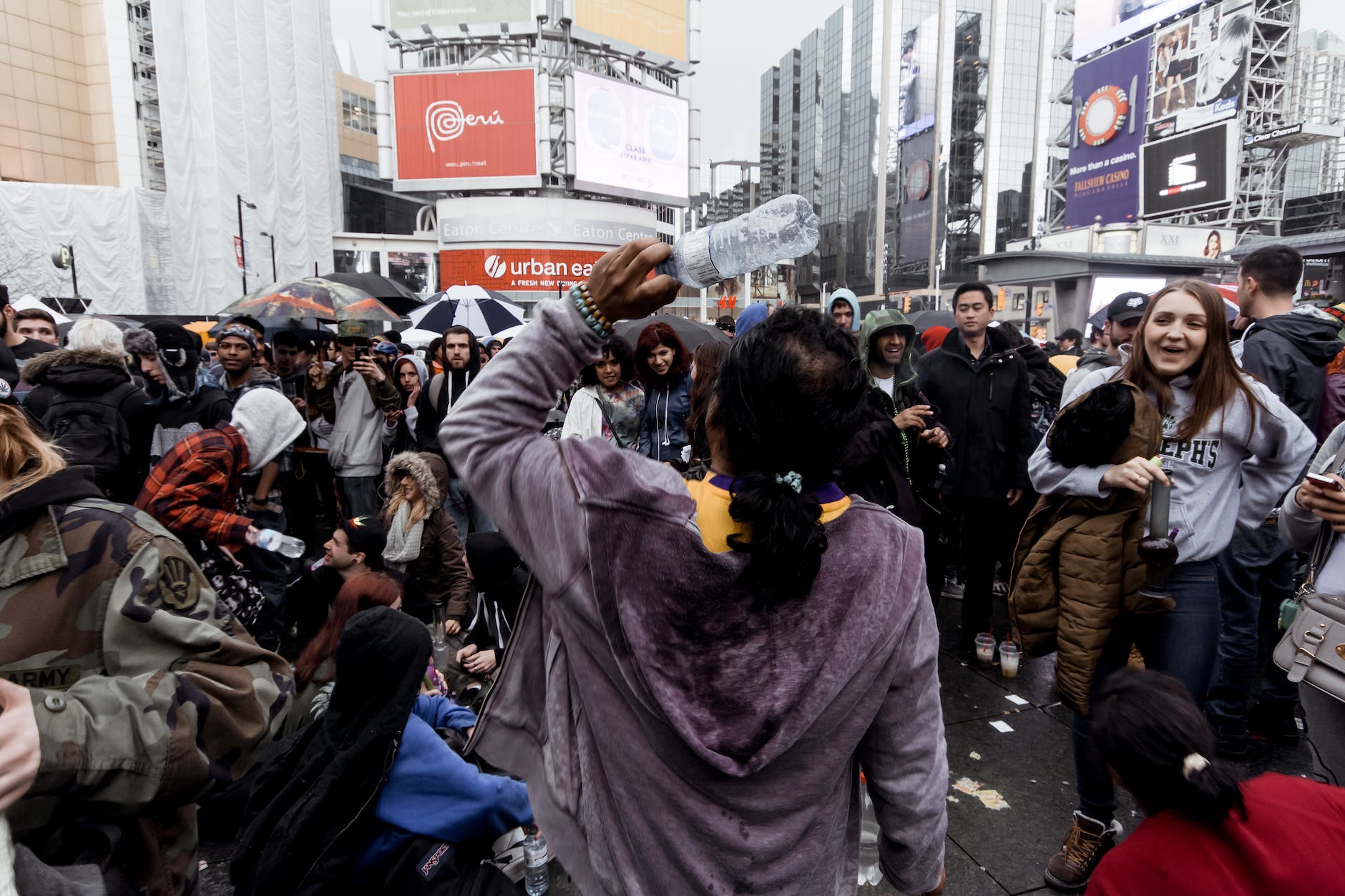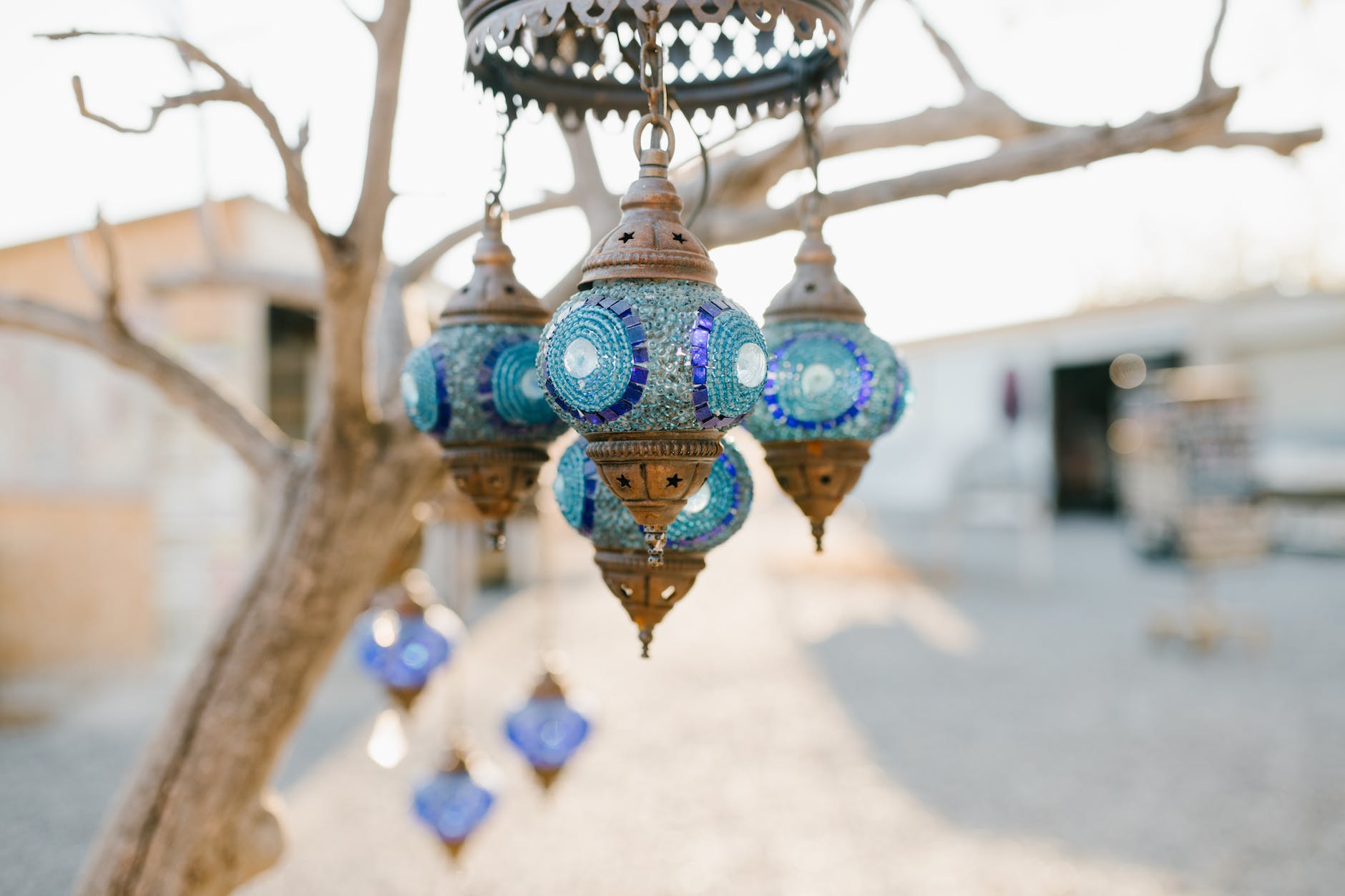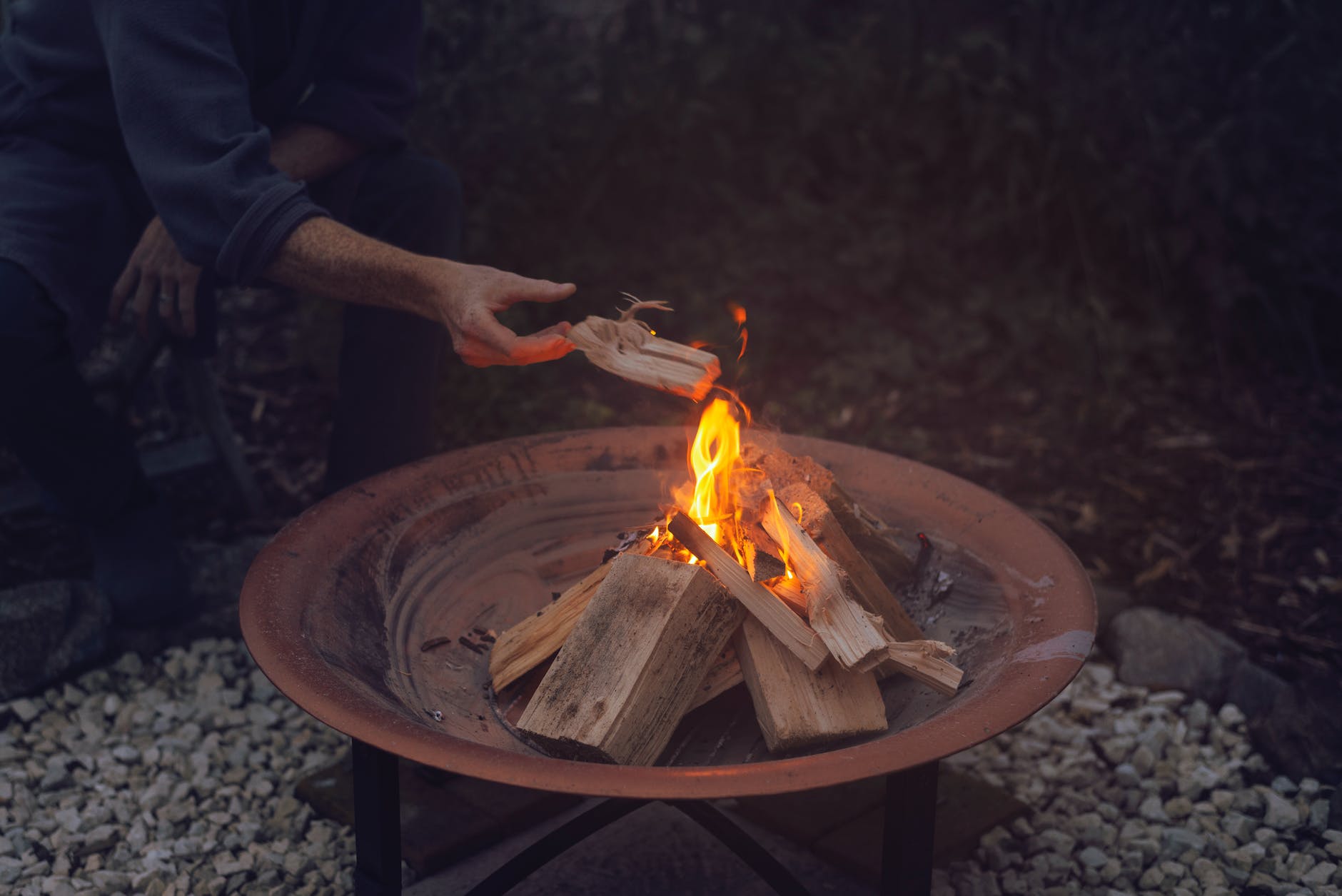For many, the term “psychedelic culture” may conjure up sundry images of 1960s’ counterculture, where tie-dyed hippies gathered in vibrant festivals, spreading love and peace. Today, however, this culture has metamorphosed into a global movement that fosters communal experiences and engenders transformative connections. Psychedelic communities are no longer niches founded on alternative lifestyles, but they focus on fostering collective healing, broadly stimulated by a conscious, shared consciousness.
At the heart of this rebirth is the concept of intentional communities, offering a safe space for individuals interested in exploring consciousness and connection. The growth of such communities is part of a broader global trend towards better understanding the potential of psychedelics in mental health and personal development. Many are seeking connection beyond the constraints of traditional society, and within these intentional communities, they find connection, healing, and growth.
Across the globe, festival culture remains an integral part of psychedelia. These gatherings bring together individuals from all walks of life, united by their quest for shared consciousness and transformative experiences. They offer opportunities for exploration, from deep spiritual rituals to conscious dance and movement, all enveloped in a blanket of unity and acceptance. The experience can be deeply transformative elevating attendees’ perception of self and world, promoting introspective journeys that foster personal growth.
Yet, this psychedelic culture is not limited to festivals. It also manifests in smaller, intimate gatherings, where individuals embody conscious living in alternative lifestyles. These gatherings, whether they’re spiritual circles, breathwork sessions, or shamanic ceremonies, act as stages on which individuals recalibrate their realities, experience shared consciousness, and facilitate healing. In these spaces, connections with fellow humans transcend simple friendship or acquaintance, instead forming bonds that reflect a deep shared understanding, a transformative connection.
These gatherings reflect a kaleidoscopic array of spiritual community beliefs from all over the world. From Native American rituals to Eastern spiritual practices, from neo-shamanism to metaphysical explorations, these cultures are vibrant and eclectic, providing a sense of unity while celebrating diversity.
There is an increasing recognition within these psychedelic communities of the intrinsic link between personal transformation and collective healing. This understanding goes beyond individuals intending to enrich their personal growth. It’s about acknowledging the interconnectedness of all life forms and understanding that individual healing contributes to the larger societal, environmental, and global healing. For this reason, many psychedelic communities enact sustainability practices, promoting fair trade, permaculture, and ecologically-friendly products, further augmenting the impact of their collective actions.
Moreover, psychedelic culture has infiltrated the realms of art, science, and spirituality. Expressions of psychedelic influence are evident in fantastic, intricate art forms, expansive literature, and transformative music genres. In science, researchers in psychology, neuroscience, and pharmacology explore the potential of psychedelics for the treatment of mental health disorders, fostering deeper connections between scientific communities and psychedelic communities.
In the realm of spirituality, psychedelics are often revered as key facilitators of transcendent experiences, offering a gateway to altered states of consciousness. People are increasingly drawn to these encounters, not merely for self-gratification or merely as exhilarating escape, but in a sacred context of self-exploration, transformation, and psychological healing, guided within a spiritual community context.
In conclusion, the rise of the global psychedelic culture is creating multifaceted spaces where individuals can encompass a shared consciousness and transformative connections. Festivals, conscious gatherings, and intentional communities further this ethos, fostering collective healing and offering a refuge to explore alternative lifestyles. Engaging in such communal environments ultimately serves the collective good, demonstrating that acceptance, understanding, and love can mend division, augment unity, and elevate our shared human experience.






